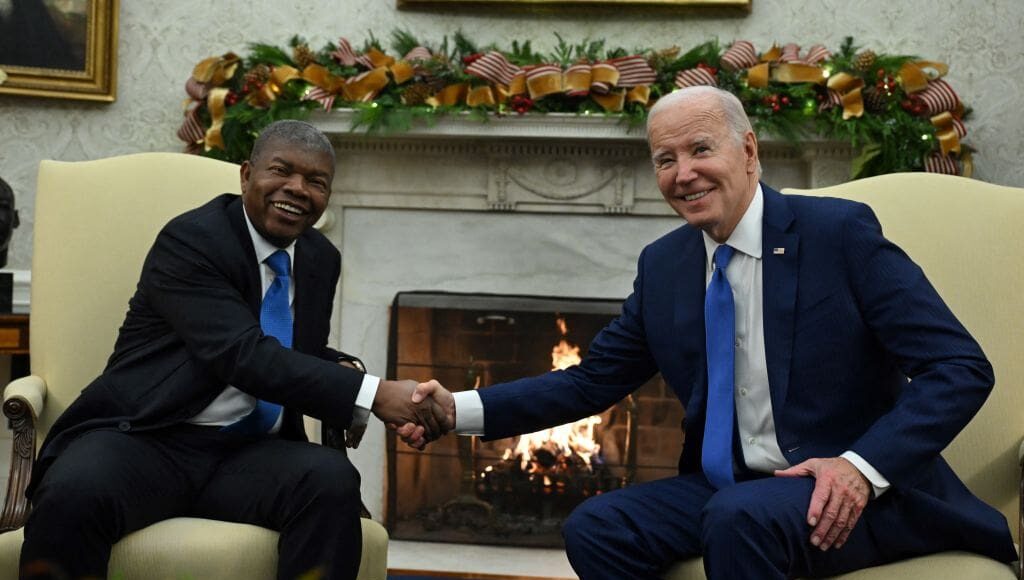
President Biden is expected to travel to Angola in mid-October to fulfill a promise to visit sub-Saharan Africa during his term. His trip will focus on private sector investment—and the Lobito corridor project—rather than on human rights concerns being raised by activists. The decision to base the trip on a signature investment project is a reflection of Biden’s larger problem in sub-Saharan Africa.
Urgent Action!
Release Angolan activists from arbitrary detention
A Broken Promise
The Biden Administration came into office touting that human rights would be central to foreign policy, but this has not been the case, to the great disappointment of and detriment to human rights defenders everywhere.
Instead, there has been a heavy and nearly myopic focus on private sector engagement in a concerted effort to counter the influence of the Chinese government.
An essential part of this myopic strategy is Angola’s Lobito corridor, an essential thoroughfare for transporting critical minerals from the Democratic Republic of Congo to the Atlantic coast. It’s one of the only reasons why Angola is a key part of Biden’s signature infrastructure and investment legacy in Africa.
The U.S. cannot successfully grow private sector engagement in Africa if it loses sight of human rights, accountability and the rule of law.
Human Rights Concerns in Angola
Biden’s silence on the declining civic space in Angola is concerning.
The Angolan government has arbitrarily arrested and sentenced several Angolan activists for exercising their rights to freedom of expression and peaceful assembly. These activists have just marked a full year in jail, and one is being denied necessary medical prescriptions.
Further, the Angolan government recently approved two laws that activists see as restricting civil liberties. The first criminalizes vandalism of public goods and services, while the other focuses on national security. Civil society has argued that existing laws already deal with these threats and will only be used to further restrict activists. For example, the law on Crimes of Vandalism defines the act of recording or facilitating the recording, through analog or digital media, photographs, videos, or drawings, of the security measures for public infrastructure and services as an attempt against the security of public goods and services. The UN Special Rapporteur on Freedom of Peaceful Assembly and Association urged the Angolan government to refrain from adopting legislation that could limit human rights and negatively affect civil society.
Lastly, while recent U.S. investments have helped political stability, young people looking for employment, and meet mutual security goals of countering violent extremism, these efforts are undermined if human rights aren’t a priority and civil society can’t play an important oversight function.
Recommendations for the Biden Administration
The U.S. should foster investment opportunities across the continent. It also has a responsibility to recognize and engage with countries in Africa for their diversity, ingenuity, and mutually beneficial opportunities.
However, investment and private sector engagement alone by the U.S. will have limited success if local communities are marginalized, their rights undermined, and the governance structures in place do not allow people to play a critical role in responsible resource management and sustainable development.
As Biden makes his only trip of his presidency to sub-Saharan Africa, he must raise human rights concerns alongside celebrating major investment milestones.
Biden has the opportunity to join human rights defenders and communities by insisting to economic partners that the U.S. won’t look the other way on human rights violations for the sake of investment opportunities.
